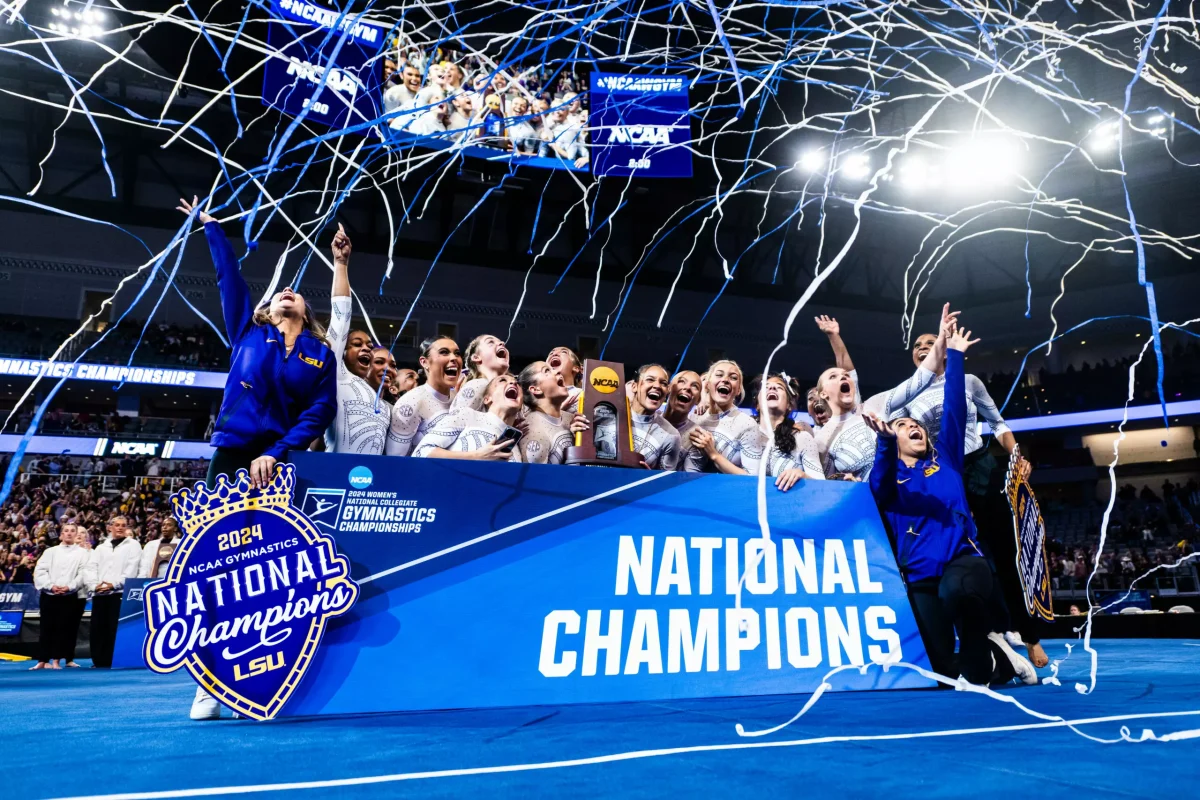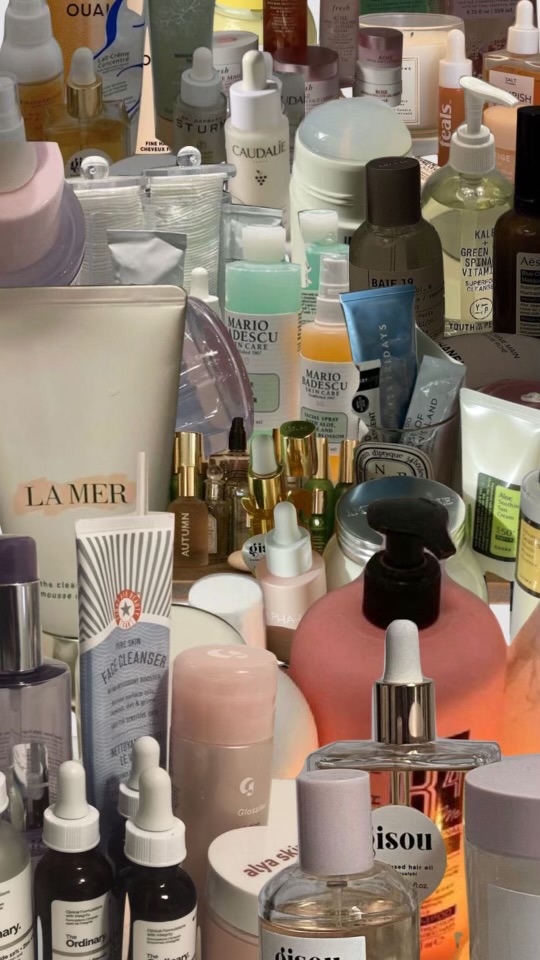Fake-claiming fans of popular interests is only destroying fanbases

More stories from Eva Harshman
A cartoon that perfectly illustrates the situation for many new fans.
We’ve all heard of the “fake fan” in different fanbases; from TV shows to music groups to aesthetics, there are always a select few who will be accused of being a poser because they are not overly obsessed with the genre. While these complaints villainize those who they deem unworthy of being interested in their shared niche, the accuser is always the one at fault in my mind.
Generally, the shape that this discrimination takes is aggressive comments towards fans who like the more mainstream elements. These typically come from the more radical fans who know the more obscure elements. For some odd reason, these people believe that they are a hero to their interest when they humiliate someone for not focusing almost exclusively on the most obscure elements.
This is not something that I have read about, heard second-hand, or assume happens without direct evidence. Instead, I have watched this occur, mainly in online groups and fandoms. As revolting as this is to me, I admit that, sometimes, when someone else has the same interest as I do, I feel slightly defensive and feel as though I need to test them on their knowledge of it. Thankfully, over time, I have become aware of these emotions and learned to control them rather than take it out on others.
If these aggressive tendencies were founded on some kind of reasonable argument that these “fakers” are hurting the community and industry of their favorite fandoms, I could certainly understand why those who dislike the less avid fans are so on edge surrounding the circumstances.
Unsurprisingly, whether or not an enthusiast exaggerates their involvement or knowledge of a style or type of media, they are not harming the group whatsoever. On the other hand, the gatekeepers are destroying the concept by driving newer fans away and causing older fans to disassociate because of a poor reputation.
On the other hand, the gatekeepers are destroying the concept by driving newer fans away and causing older fans to disassociate because of a poor reputation.
Additionally, the so-called “posers” don’t even exist, or are at least very rare in the way that they are portrayed as. The only times I see these types of people are when it’s a gatekeeper’s impression of one of these non-existent types. I’ve seen TikTok after TikTok of such imitations; thankfully, I do not seem to be alone in my opinion that there isn’t really such a thing as a “fake fan” and anyone should be allowed to enjoy whatever they would like.
Despite this fact, the origin of the defensiveness and exclusiveness of the gatekeepers can be easily traced back to their undying love for whatever they feel the need to filter out the newbies from. It’s understandable that they only want the best for their interests; however, it is perhaps the least helpful method to bring their fandom to the forefront.
It is wildly hypocritical of the long-time fans to be a disincentive for newer people to join a fandom; nobody can automatically be an ancient lover and expert on a piece of media. Rather than “protecting” their interests from nonexistent fakers, the gatekeepers are only tearing it down piece by piece.

Eva Harshman is a senior who is thrilled to be entering her fourth and final year on staff as Editor-in-Chief. Apart from writing for The Central Trend, she...
























































































